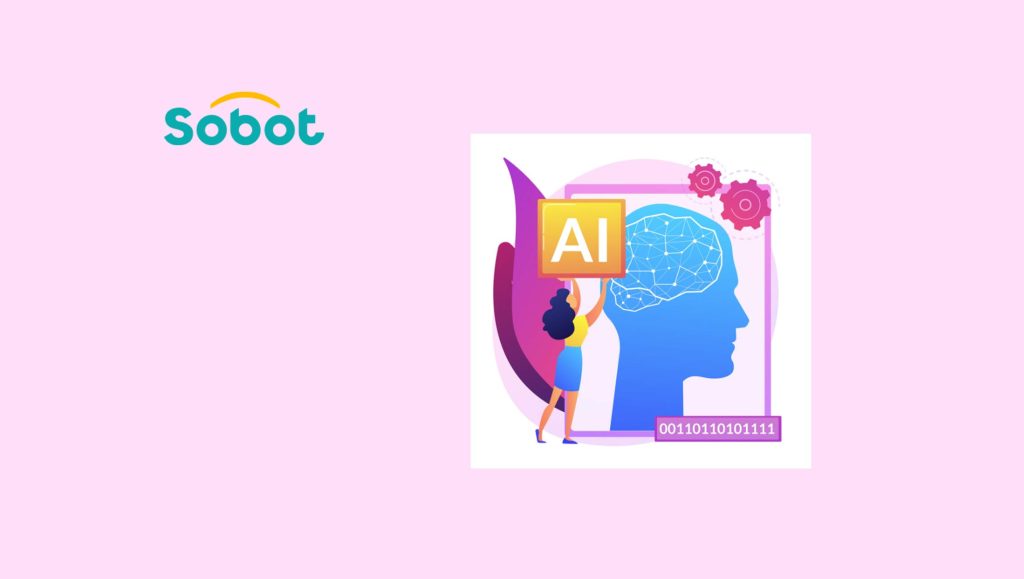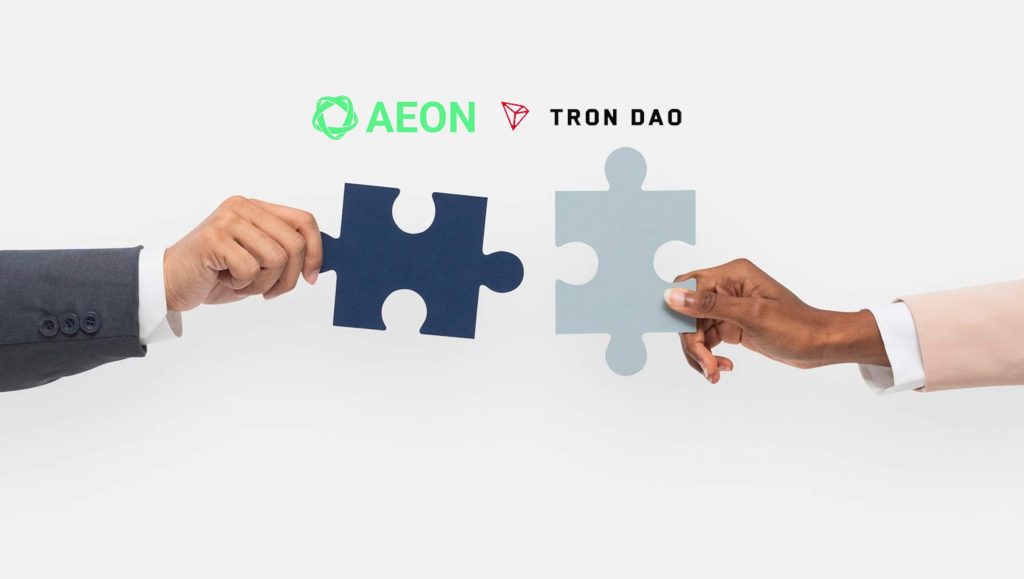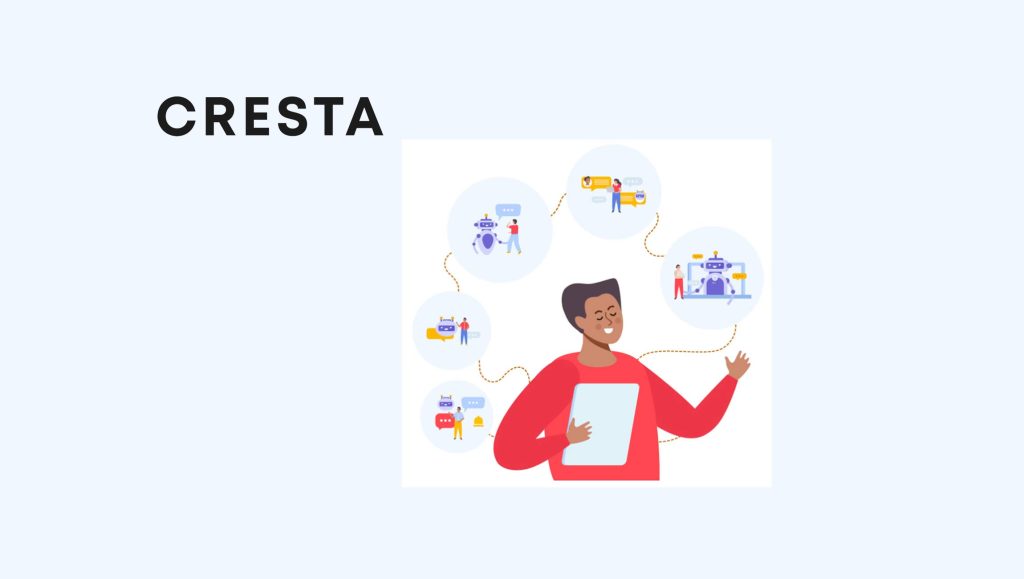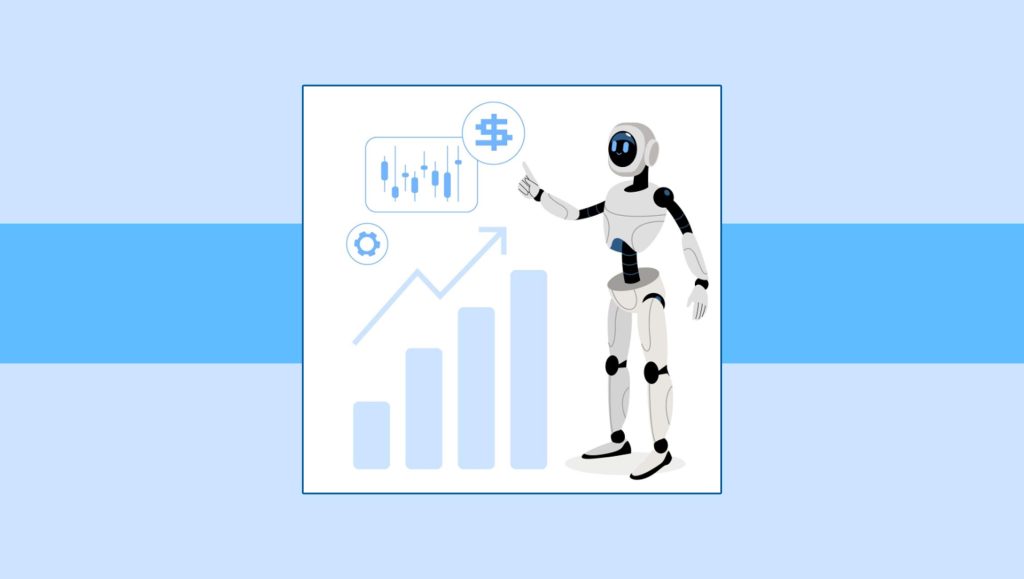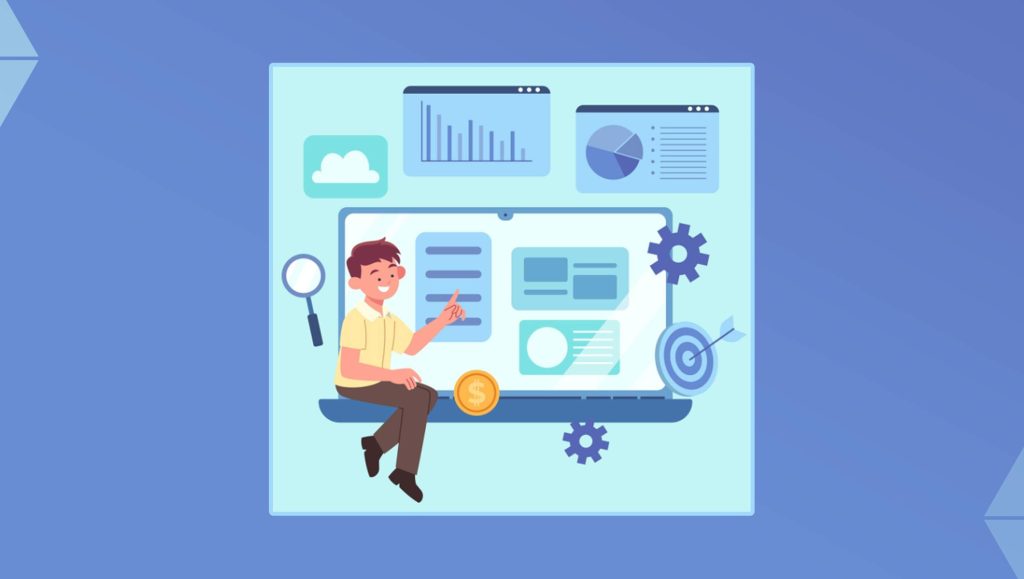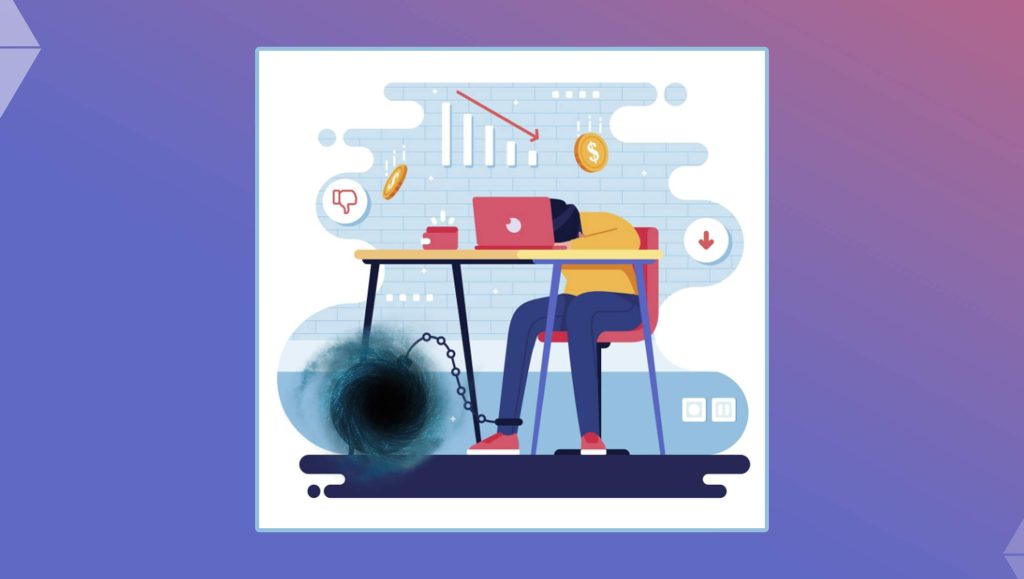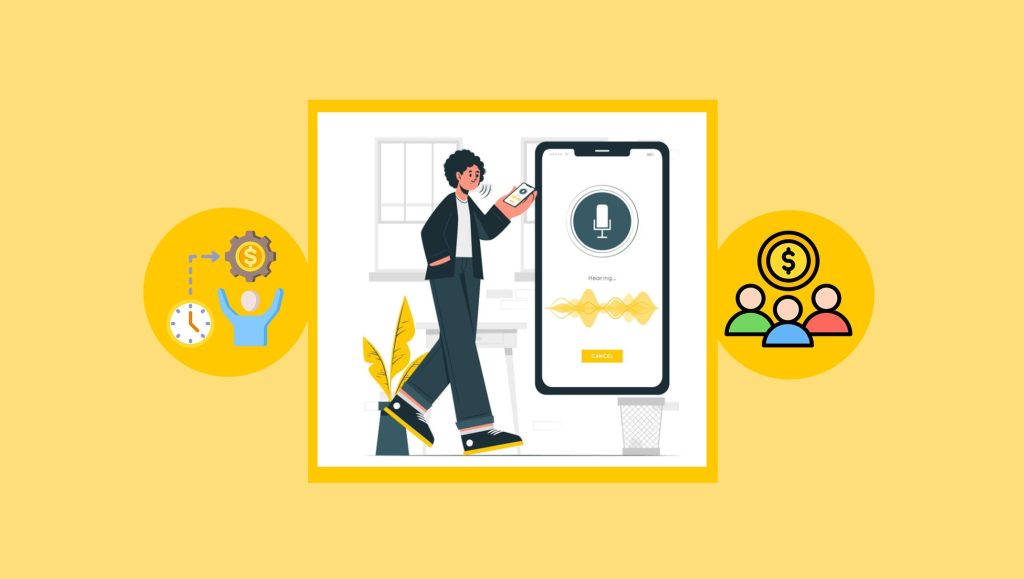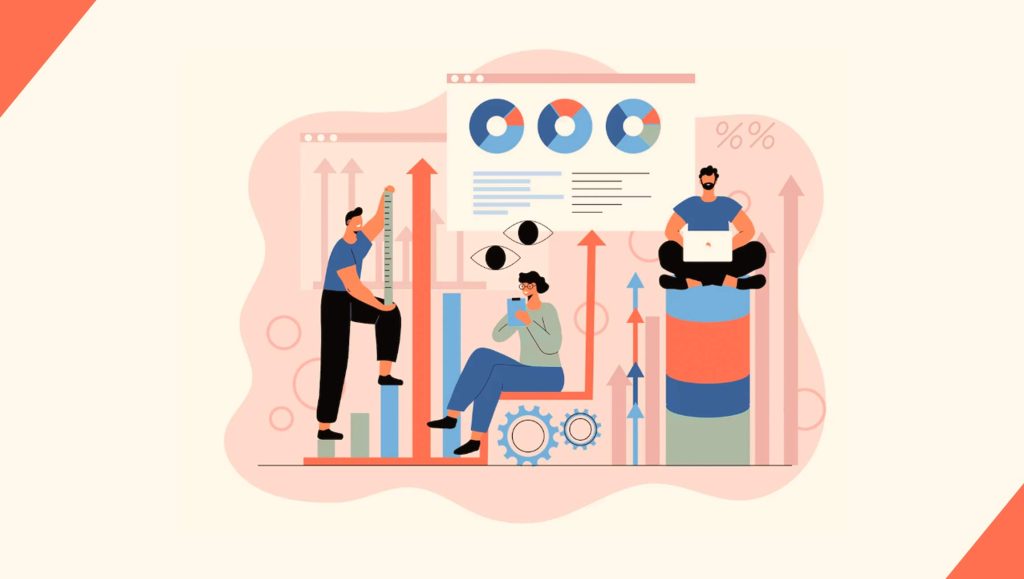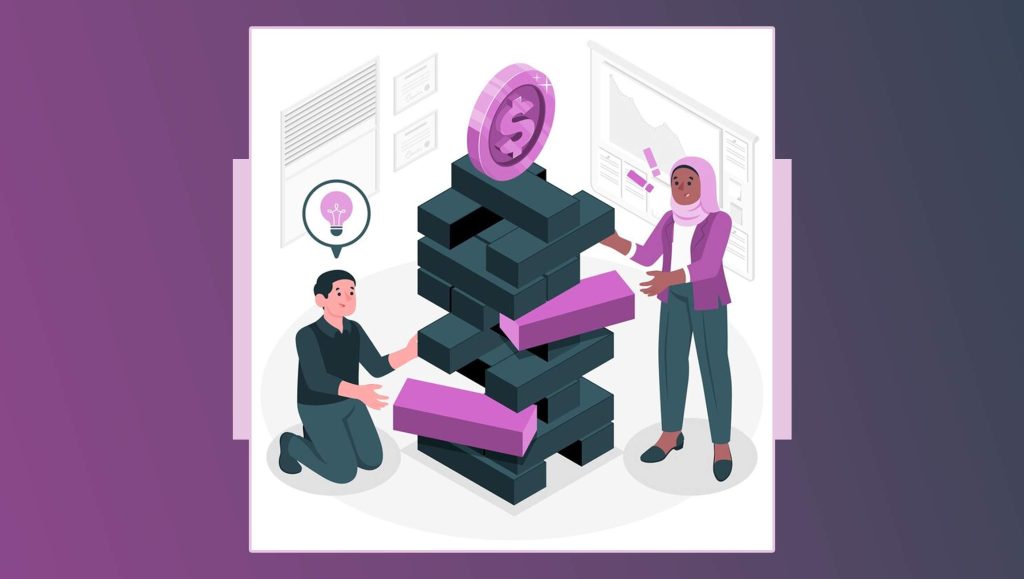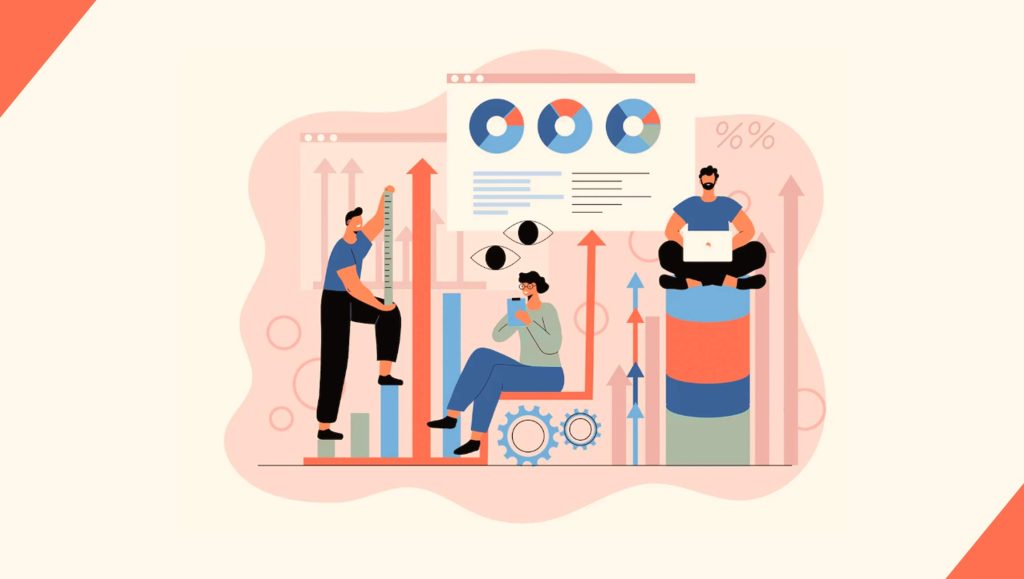Satish Shenoy, Regional VP of Technology Alliances at SS&C Blue Prism discusses the myriad ways in which AI agents are supporting key sales and marketing tasks in this SalesTechStar interview:
__________
Hi Satish, take us through the highlights of your B2B tech journey.
I started my career at Bell Labs in Denver, CO, the research arm of Lucent Technologies. As Avaya spun off from Lucent Technologies, my passion for solving business issues led me to several exciting services, sales, and channel leadership roles in multiple countries across the globe.
I have been with SS&C Blue Prism for nearly six years and currently lead the AI Go-To-Market (GTM) initiatives and the Technology Partner Ecosystem serving SS&C’s 27,000+ customers and 300+ consulting partners, value added resellers and system integrators globally. In my 25+ years of building and leading teams across enterprises, I have scaled early-stage startups to Fortune 500 companies across multiple countries and continents. I have also helped for-profit companies grow profitably and scale non-profit ventures for impact. I am an AI and Intelligent Automation thought leader, a partnership ecosystems expert, a speaker, and a best-selling author and a member of the exclusive 7 Continent Club – made up of a few hundred people that have successfully run full marathons across every continent including Antarctica.
How are you seeing AI agents impact selling cycles today?
Sales managers and their teams deal with a large volume of customer data and interactions in their day-to-day work. Capturing customer meeting notes in customer relationship management (CRM) systems such as Salesforce can be incredibly time-consuming and prone to missing information. This work takes them away from other important work, such as finding new sales leads or giving customers their full attention.
That’s why more sales leaders have implemented an AI agentic workforce into their sales systems. Through intelligent automation (IA) and generative AI, sales teams deploy a team of AI agents (also called digital workers or enterprise agents) to help them in various ways. While AI agents aren’t impacting selling cycles directly, they help by doing tasks like:
- Logging customer information into the CRM.
- Summarizing a meeting and identifying action items.
- Conduct customer and competitive research
- Detecting sentiment or identify key themes in a conversation.
AI agents can streamline the repetitive tasks so salespeople and teams can focus on building customer relationships and closing deals.
A few recent examples of peers you’ve seen using this technology to drive sales goals?
We are seeing more and more ubiquitous and frequent use of Generative AI technology across sales professionals around us.
One Sales VP I know is a power user of Generative AI to help with email creation and responses to customer or employee emails, with coaching prompts that she can use with her team. GenAI has also helped her summarize meetings and assist with customer and prospect research ahead of meetings. This has vastly improved her productivity and made her customer and employee interactions richer than before, driving better outcomes for all.
Another sales account executive has created an AI agent using a Custom GPT. He has provided this AI agent with all publicly available documentation available that is accessible through the main company website, giving it all this vast knowledge about the company’s products, services and much more. When he receives a customer query, he can now ask the AI agent for the response and find the information in an instant than trying to manually search through dozens of documents or multiple websites. This has enabled him to provide differentiated service to his customer which has helped build customer satisfaction and loyalty with him customers and prospects.
Read More: SalesTechStar Interview with Fabrice Della Mea, Vice President of Product Management at Dialpad
What should sales leaders keep top of mind when enabling their salestech stack and sales teams with AI agents?
Sales leaders should keep several best practices and cautions in mind when enabling salestech stack and sales teams with AI agents:
- Define clear objectives for what you want to achieve with AI agents, such as improving lead conversion rates or enhancing customer satisfaction.
- When using public LLMs (such as the commercial grade LLMs like ChatGPT) be very cautious about providing the AI agents with private and confidential information, whether it is related to their company or customers.
- Focus on the simpler areas first as you learn the technology such as summarizing or follow-up automation, and gradually expand its use to lead scoring, analysis and predictions as you become more comfortable with the technology.
- While AI agents are powerful tools, they should not replace human judgment. Review the output that is generated by the AI agent before you ever send it to an employee or a customer, especially until your level of confidence increases as you use the technology
- Ensure your team is well-trained in using Generative AI and AI agents effectively, including how to interpret the output and insights and integrate them into their daily workflows.
By keeping these best practices and cautions in mind, sales leaders can effectively harness the power of AI agents while mitigating potential risks and ensuring optimal results for their teams and customers.
A few highlights from your own enterprise platform and how it uses AI agent workflow to enable end users?
Our Enterprise AI provides an AI-powered digital workforce through agentic process automation and orchestration, available like a search engine with a drag-and-drop interface. It integrates seamlessly with existing sales technology to better enable salespeople. These are some of the ways that IA and Gen AI work together to automate:
Agent assistance: Agentic AI helps sift through customer data, including past interactions and buying behaviors, to detect patterns and inform the sales agent of any potential opportunities. The AI agents can also log customer information and provide 24/7 online support to customers via a conversational AI chatbot.
Conversation management: AI agents automatically organize and summarize product documents, detailed meeting notes, annual reports and other documents related to the customer call, allowing the salesperson to focus on the customer rather than jotting things down.
Data capture and analysis: AI agents automatically pull data, such as from a third-party CRM, and brings it into a single platform, giving the team a full overview of prospects, leads and customers.
Follow-up emails: AI agents can analyze sales calls, then create a follow-up email based on that interaction and personalize it to the customer – saving time for busy sales teams and including a human-in-the-loop to edit and approve the email.
Pipeline management and forecasting: AI agents can offer insights into the likelihood of closing a successful deal with lead qualification and opportunity scoring by analyzing engagement, demographics, behavior, etc. It can even predict the number of new deals, renewals and churn in a fixed period based on historical trends, helping teams focus on high-value leads.
Guided sales enablement: A sales team use gen AI to help create more engaging sales scripts, so they can keep their sales pitch sharp and attractive. The AI can analyze sales calls and emails and provide conversation scorecards and feedback based on the sales rep’s performance, highlighting missed opportunities for future learning.
Workflow automation: IA can automate workflow sales tasks such as sending reminders, following up with leads or automatically renewing contracts. Some AI-powered scheduling tools can even set up meetings with customers to reduce back-and-forth.
Sales funnel analysis: AI tools can analyze where leads drop off in the sales funnel and provide insights into potential friction points. This allows companies to optimize processes and improve conversion rates.
Some thoughts on the future of salestech and AI before we wrap up?
I think sales teams need to recognize the potential AI has to make their lives easier. AI has the power to help sales teams find more qualified deals and close more deals. It has become a practical and powerful tool that helps sales teams become more efficient and stay customer focused.
From automating routine tasks like notetaking and follow-up emails to offering predictive insights and personalizing customer interactions, AI allows sales professionals to sell more.
Read More: The Rise of Sales Automation in Non-Traditional Industries
SS&C | Blue Prism® Intelligent Automation Platform combines RPA, AI, BPM so you can grow, reduce costs and deliver better outcomes.
Satish Shenoy, is Regional VP of Technology Alliances at SS&C Blue Prism



